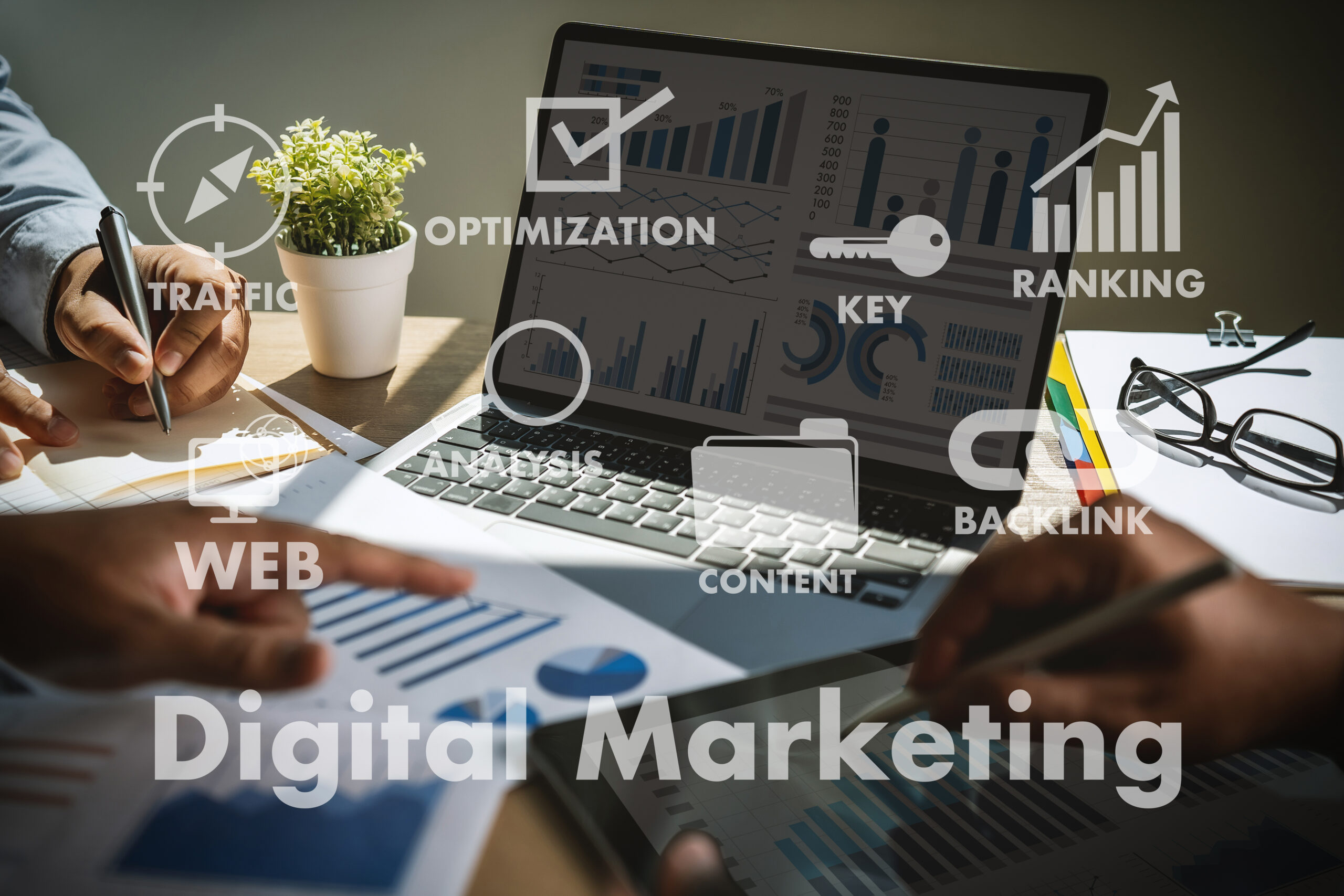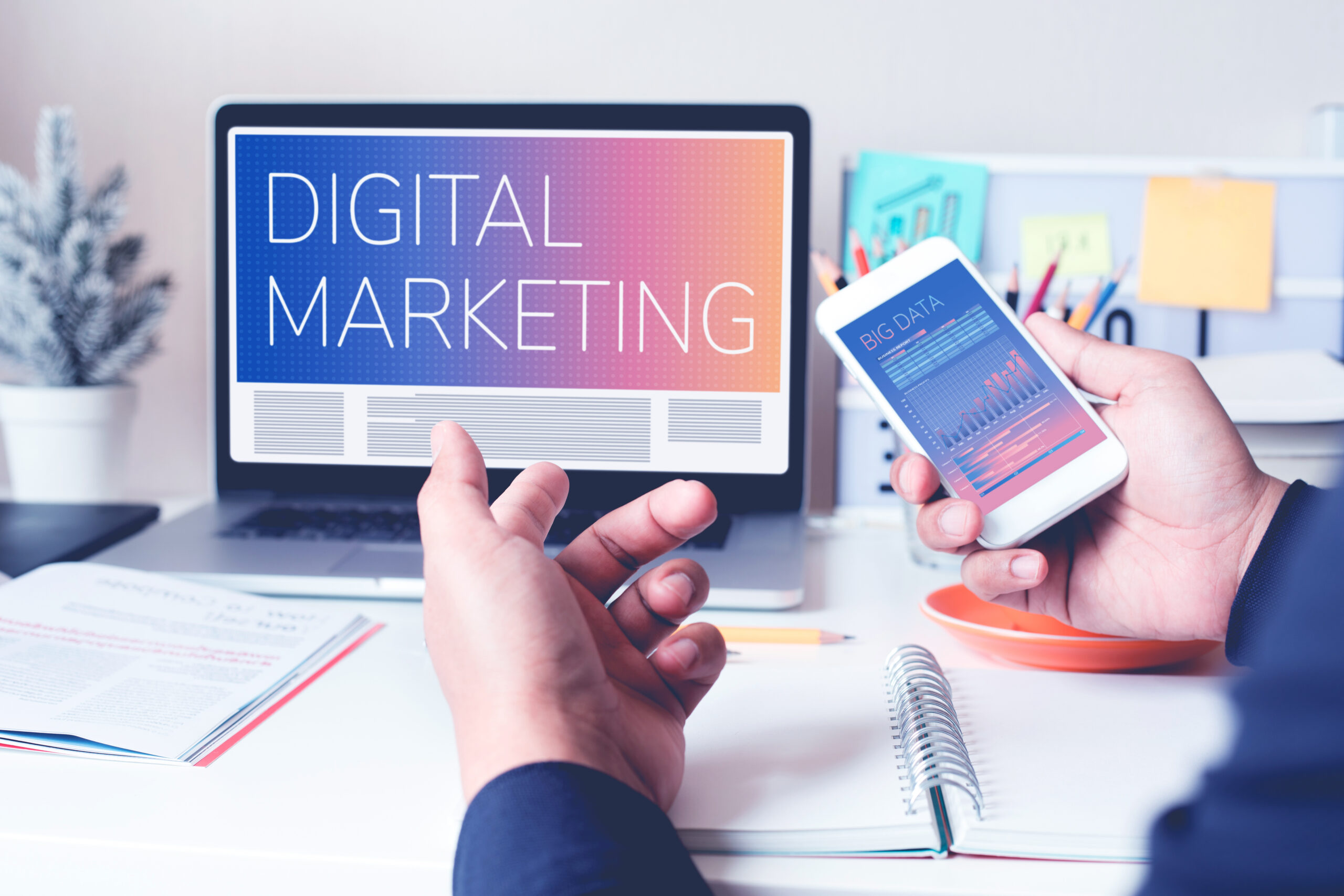Marketing is about reaching the right audience at the right time with the right message. Over the years, the methods have evolved drastically.
Today, businesses face a key question:
- Should they invest in traditional marketing (print, TV, radio, billboards) or digital marketing (social media, SEO, Google Ads, content)?
- Both have their merits, but in a world where most customers are online, digital marketing has become the clear winner for growth and measurability.
In this blog, we’ll compare traditional vs digital marketing, highlight their differences, and explain why the future is digital.
Want to start your digital journey? Check out our Digital Marketing Courses with live projects + dual certifications.
- Traditional Marketing: Uses offline channels like print, TV, radio, billboards. Broad reach but expensive, less measurable.
- Digital Marketing: Uses online channels like SEO, social media, Google Ads. Targeted, cost-effective, measurable, and future-ready.
Comparison Table – Traditional Marketing vs Digital Marketing
| Factor | Traditional Marketing | Digital Marketing |
|---|---|---|
| Medium | Print, TV, Radio, Billboards | Websites, SEO, Social Media, Ads |
| Reach | Local/National | Global, Targeted |
| Cost | High | Flexible, low to high |
| Interaction | One-way | Two-way (engagement, feedback) |
| Measurability | Difficult to track | Real-time analytics |
| Targeting | Broad, general | Precise targeting (age, interests, behavior) |
| ROI | Hard to calculate | Measurable, trackable |
| Availability | Time-bound | 24/7 online presence |
| Flexibility | Changes are costly | Campaigns can be updated instantly |
| Career Scope | Limited traditional roles | Expanding, high-demand jobs |
Traditional Marketing
Definition: Traditional marketing refers to offline methods of promoting products/services through media like print (newspapers, magazines), broadcast (TV, radio), outdoor (billboards, flyers), and direct mail.
Examples:
- Newspaper ads
- TV commercials
- Radio jingles
- Outdoor hoardings
Advantages:
- Strong local/national presence
- Tangible (billboards, brochures)
- Effective for older demographics
Limitations:
- High cost
- No real-time feedback
- Limited tracking & targeting
Digital Marketing
Definition: Digital marketing refers to promoting products/services through online channels like search engines, social media, email, content, and paid ads.
Examples:
- SEO blogs ranking on Google
- Instagram reels & influencer campaigns
- Google Ads & Facebook Ads
- Email newsletters
Advantages:
- Affordable & scalable
- Precise targeting
- Real-time analytics
- Builds engagement & trust
Limitations:
- Requires internet presence
- Continuous updates needed
Learn hands-on strategies with our Online Digital Marketing Course
Why Digital Marketing is Winning Over Traditional Marketing
1. Global vs Local Reach
Traditional = Local impact.
Digital = Global campaigns from anywhere.
Example: A startup in Indore running Facebook ads can sell globally.
2. Cost Efficiency
A TV ad may cost lakhs, but a digital ad campaign can start at ₹500/day.
Digital is ideal for startups & SMEs.
3. Measurable ROI
Traditional campaigns can’t show exactly who viewed or converted. Digital provides clear dashboards.
Master analytics in our SEO Digital Marketing Course
4. Engagement & Interaction
Traditional marketing is one-way.
Digital is two-way → comments, likes, shares, DMs.
Example: Brands like Zomato thrive on digital engagement.
5. Career Opportunities
Traditional = limited roles (media, sales).
Digital = high demand for SEO, PPC, Social Media, Content, Analytics.
Explore Career Ladder Programs: Ignitor, Elevator, Accelerator, Pinnacle.
Future Outlook – Digital First, AI-Driven
While traditional methods won’t vanish completely (TV, billboards still exist), the future of marketing is digital-first:
- AI-driven ads
- Data-based personalization
- Influencer & video dominance
- Automation & chatbots
For professionals, this means learning digital marketing is no longer optional, it’s essential.
Explore:
- Digital Marketing Course in Indore
- Online Digital Marketing Course
- Performance Marketing Course
- Social Media Marketing Course
- Content Marketing Course
FAQs – Traditional vs Digital Marketing
Q1. Which is better, traditional or digital marketing?
Digital marketing is better for cost-efficiency, targeting, and ROI. Traditional works for broad awareness campaigns.
Q2. Will traditional marketing disappear?
Not entirely. But digital will dominate as internet adoption rises.
Q3. What’s the biggest difference?
Traditional = mass reach without targeting. Digital = targeted, measurable, affordable.
Q4. Which marketing offers more career opportunities?
Digital marketing offers far more roles and global opportunities.
Final Thoughts
The debate of traditional marketing vs digital marketing shows one clear conclusion → digital marketing is the future.
For businesses: It ensures measurable growth, global reach, and ROI.
For students: It guarantees exciting career opportunities in a fast-growing industry.
Don’t just study marketing. Learn digital marketing the way industry demands it → with live projects, dual certifications, and job-ready training at SkillMakeover.




